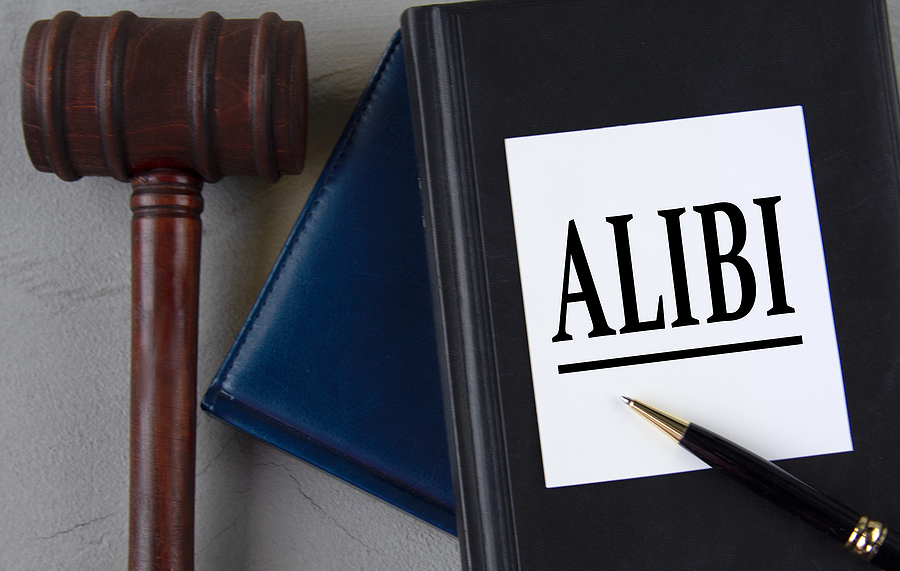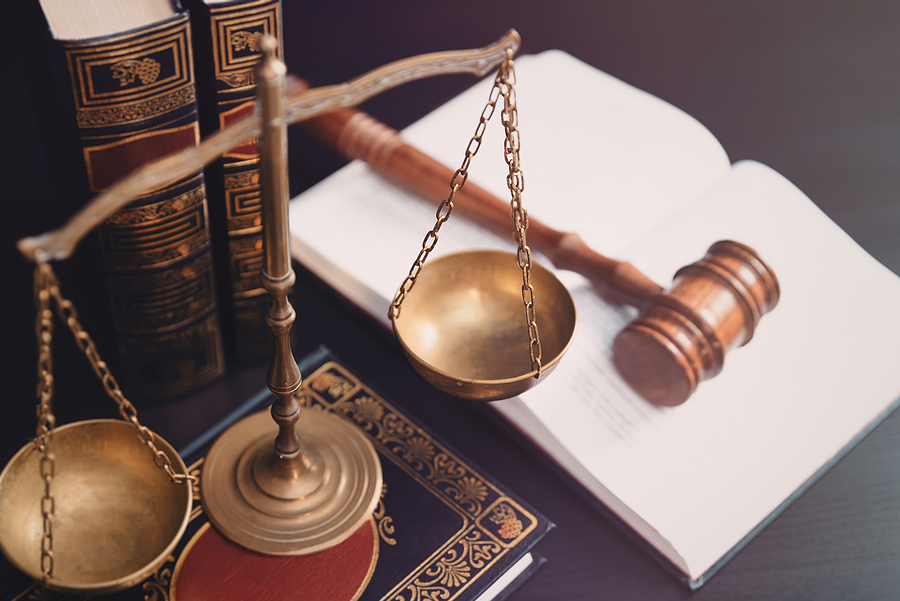In the realm of criminal justice, an ‘alibi’ can be a powerful tool in proving innocence. An alibi, by definition, is evidence that proves a suspect was somewhere other than the scene of the crime at the time it occurred. Establishing a solid, convincing alibi can be the difference between freedom and incarceration.
However, how one goes about setting up such an alibi is not commonly known. This blog post aims to shed some light on this topic, providing valuable insights and guidance from our experienced criminal defense lawyers on how to establish a solid alibi in a criminal case.

Do You Need an Alibi?
The first step in establishing an alibi is to determine whether or not you actually need one. Depending on the nature of the case and your involvement, the answer might be no. In some cases, a suspect’s innocence can be proven without resorting to providing an alibi. This is often the case when there is insufficient evidence linking them to the crime or if other suspects are more likely to be involved.
In these cases, it is important to discuss your role in the crime with a qualified criminal defense lawyer and consider all the legal options available to you. Having a skilled and experienced criminal defense attorney on your side is key to successfully establishing an alibi in a criminal case. A good criminal defense attorney will be able to review the facts of the case, gather all relevant evidence and craft an airtight alibi that will stand up in court.
Identify All Possible Evidence
The next step in establishing a solid alibi is to identify all possible evidence that can prove you were somewhere other than the scene of the crime at the time it occurred. This might include phone records, video footage from surveillance cameras, eyewitness accounts and more. Having this information on hand will be very helpful for your criminal trial lawyer when constructing your alibi.
Document Everything
In addition to gathering evidence, it is important to document everything related to your alibi. This includes keeping detailed records of all conversations you have with anyone who could be called as a witness or who has any knowledge of the case. Additionally, make sure to keep any receipts, photographs, or other evidence that could be used to verify your alibi.
Stay Informed
Finally, it is important to stay informed of state and federal laws related to alibis. The laws surrounding alibis can vary widely from jurisdiction to jurisdiction and being aware of these nuances is essential in constructing a successful alibi defense.
What To Do If You Do Not Have an Alibi in Your Criminal Case
If you do not have an alibi, it is important to understand that this does not mean you are automatically guilty. You may still be able to defend yourself in court without an alibi. An experienced criminal defense attorney can help sort through the facts of your case and determine the best course of action to take.
In Summary
In conclusion, establishing a solid alibi in a criminal case is a process that requires careful consideration and meticulous preparation. It involves identifying possible evidence, documenting everything meticulously, and staying informed about the laws that govern alibis. But most importantly, it necessitates the expert guidance of an adept criminal trial attorney.
Remember, the strength of your alibi can significantly impact the outcome of your case. The aforementioned steps, while not exhaustive, provide a robust starting point for anyone seeking to establish a credible alibi in a criminal case. Always consult with your lawyer and never hesitate to assert your innocence when faced with criminal charges.
We hope this guide helps you better understand alibis in criminal cases. If you have any questions or need further assistance, contact the Law Office of David E. Lewis at 317-636-7514 to schedule a no-obligation consultation with an experienced criminal defense lawyer in Indianapolis. We can get you the best possible outcome in court. Act now while there is still time to build a strong case!
Related Posts:
10 Common Criminal Defense Strategies
How to Be a Good Witness in Your Own Criminal Case
What to Do if Asked to Be Interviewed for a Criminal Case

